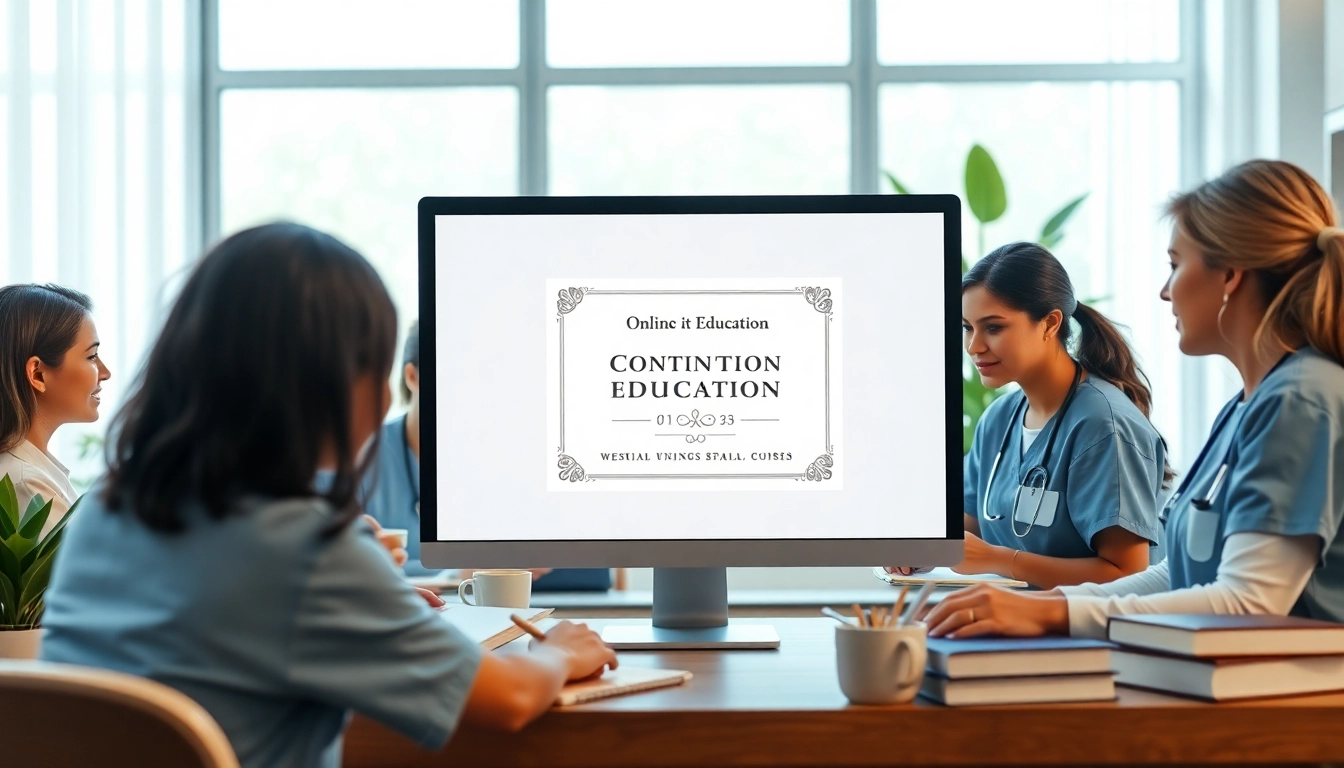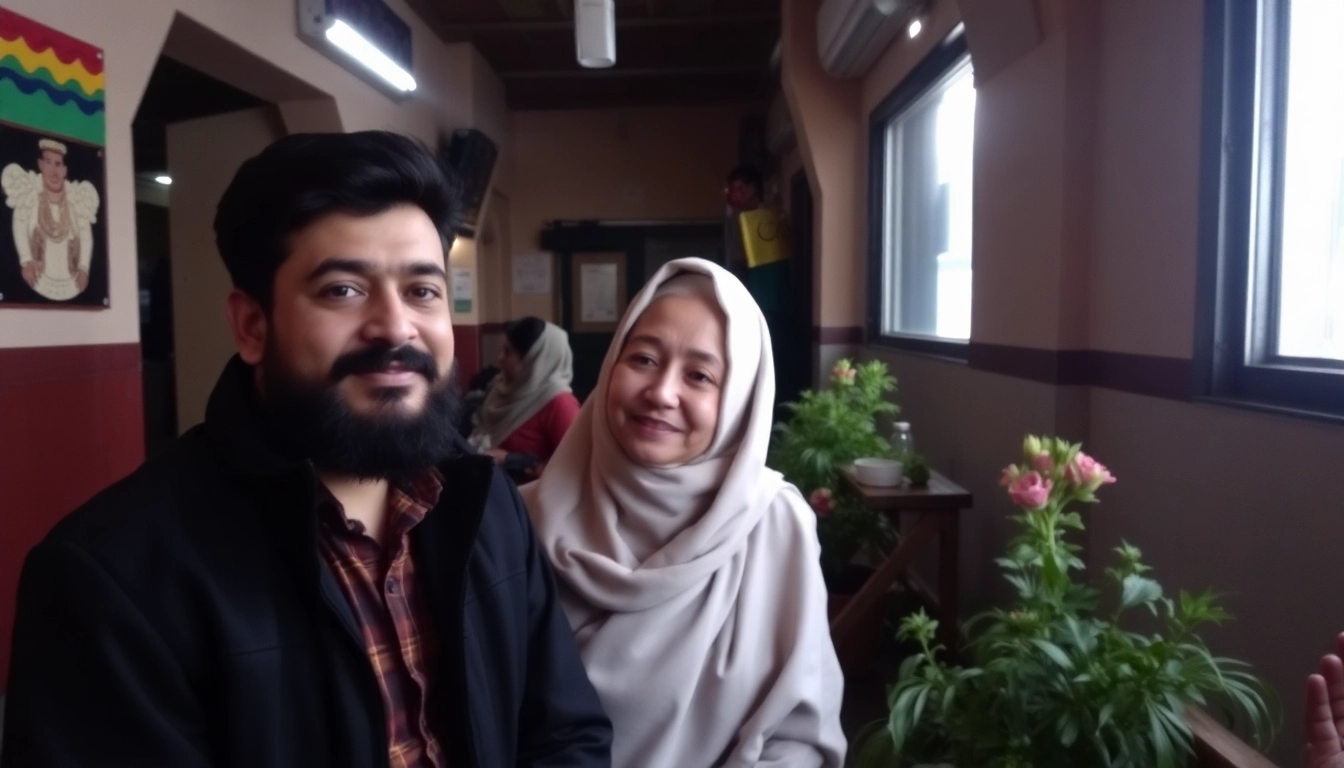Understanding Attachment Theory and Its Importance
Attachment theory provides valuable insights into the dynamics of interpersonal relationships, particularly how early bonding experiences shape our emotional well-being. Developed by psychologist John Bowlby, the theory posits that the attachment styles formed during childhood—whether secure, anxious, avoidant, or disorganized—can significantly impact adult relationships. The relevance of this framework is profound, especially for those seeking to improve their personal and professional relationships. For individuals looking to explore this further, consulting an attachment theory coach can be transformative.
Concepts of Attachment Styles
Attachment styles can be categorized into four main types, each reflecting different relational patterns derived from early experiences:
- Secure Attachment: Individuals with a secure attachment style typically feel comfortable with intimacy and independence, fostering healthy relationships.
- Anxious Attachment: Those with an anxious attachment often seek closeness but may worry about their partner’s availability, leading to dependency and fear of abandonment.
- Avoidant Attachment: People with an avoidant attachment style tend to prioritize independence, often avoiding emotional closeness and dismissing the importance of relationships.
- Disorganized Attachment: This style results from unpredictable or traumatic early experiences, leading to a chaotic approach to relationships characterized by fear and confusion.
The Role of an Attachment Theory Coach
An attachment theory coach specializes in helping individuals recognize their attachment styles and the implications these have on their relational behaviors. By understanding these styles, clients can begin to unravel unhealthy patterns and establish healthier interpersonal dynamics. Coaches utilize a combination of psychological principles, emotional intelligence, and therapeutic techniques to guide individuals on their journey toward secure attachments.
Identifying Your Attachment Style
Determining your attachment style is the first step toward personal growth. Many coaches use questionnaires, reflective exercises, and discussions to help clients gain awareness of their patterns. Identifying common triggers that prompt attachment-related responses can also be beneficial. For example, someone with an anxious attachment might discover that feelings of insecurity arise when they are not in constant contact with loved ones. This insight allows for targeted strategies to cultivate a sense of security and stability in relationships.
How an Attachment Theory Coach Works with Clients
Initial Assessment and Goal Setting
When clients first meet with an attachment theory coach, the initial assessment usually involves exploring their past relationships, family dynamics, and personal histories. This comprehensive understanding helps establish specific goals for coaching. For example, a client might aim to cultivate healthier communication skills or learn to establish boundaries in relationships.
Creating Tailored Coaching Plans
Following the assessment, the coach develops a customized coaching plan that aligns with the client’s goals. Sessions may include guided discussions, practical exercises, and homework assignments designed to facilitate growth. For instance, a coach might ask a client to keep a journal documenting their emotional responses during interactions with spouses, co-workers, or friends, aiding in identifying patterns related to their attachment style.
Utilizing Therapeutic Techniques for Growth
Coaches may draw on various therapeutic techniques, such as cognitive-behavioral strategies, mindfulness practices, or role-playing scenarios, to help clients rehearse new behaviors and responses to relational challenges. For example, clients might practice asserting their needs in a safe coaching environment before applying these skills in real-life situations.
Benefits of Working with an Attachment Theory Coach
Improved Relationship Dynamics
One of the most notable benefits of working with an attachment theory coach is the potential for improved relationship dynamics. Clients learn to communicate more effectively, set appropriate boundaries, and foster emotional intimacy. This transformation can ripple through all areas of life, improving personal relationships, workplace interactions, and social connections.
Enhanced Self-Awareness and Emotional Intelligence
Coaching enhances self-awareness and emotional intelligence by encouraging clients to explore their feelings and motivations deeply. This increased awareness allows individuals to respond thoughtfully rather than react impulsively, fostering healthier emotional regulation and relationship management.
Strategies for Long-Term Growth
As clients advance in their coaching journey, they learn to implement sustainable strategies for ongoing growth. These may include practicing self-soothing techniques, engaging in regular self-reflection, and seeking feedback from trusted individuals in their lives. Developing a long-term support network and continuously applying learned strategies contribute significantly to maintaining secure attachment styles.
Common Challenges Faced in Attachment Styles
Dealing with Anxious Attachment
Individuals with anxious attachment styles often struggle with chronic feelings of insecurity and fear of abandonment. To combat this, an attachment theory coach might work with clients to develop coping strategies, such as positive affirmations, grounding techniques, and mindfulness practices to manage anxiety when faced with perceived relational threats.
Navigating Avoidant Attachments
Avoidant individuals often resist intimacy and may withdraw in situations that require vulnerability. Coaches can assist these clients in gradually leaning into emotional experiences through exposure techniques, where they practice sharing personal feelings and needs with trusted individuals, helping to build their comfort with closeness.
Overcoming Patterns of Disconnection
Many individuals find themselves falling into patterns of disconnection. A skilled coach helps uncover the root causes of these patterns, often tied to early attachment experiences, and works on creating awareness around triggers and responses. Strategies may include fostering vulnerability or using communication tools that reinforce connection and understanding in relationships.
Finding the Right Attachment Theory Coach for You
Qualities to Look For in a Coach
When selecting an attachment theory coach, it’s essential to consider their qualifications, experience, and personal approach. Look for coaches who have a strong background in psychology, possess certification in coaching, and experience working with clients dealing with attachment issues. Empathy, authenticity, and the ability to create a safe space are paramount qualities to gauge in a potential coach.
Questions to Ask During Consultations
During initial consultations, prospective clients should ask questions that assess the coach’s style and methods. Inquire about the coach’s philosophy on attachment theory, their approach to goal setting, and the types of techniques they utilize. Understanding how they track progress and adjust strategies will also clarify whether their approach aligns with your needs.
Evaluating Coaching Options and Resources
It’s beneficial to research various coaching options, including group sessions, one-on-one coaching, and online formats. Evaluating resources like workbooks, online courses, and support communities can also enrich the coaching experience. Consider personal preferences for learning and engagement when selecting the most suitable coaching format for your journey.



